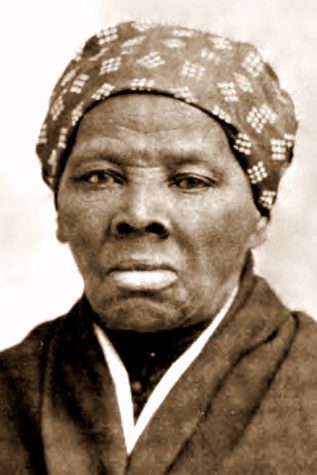Africa before the Americas
March 23, 2017
If there was a way trace a person’s ancestry to the beginnings of their lineage, they would find roots within Africa. It is the birthplace of man and home to one of the oldest civilizations in history. To the modern world, it is easy to forget the accomplishments of early African societies. Often times, there are negative views of Africa, and its depictions lead most individuals to the incorrect assumption that Africa is and always has been a poor continent.
African Civilizations
Located in Sub-Saharan Africa, Egypt existed from 3150 B.C. to 50 B.C. before it fell to the Roman Empire. A culture of sophisticated arts and technology, the Egyptians have been a widely emulated society. Their geographical location near the Nile River granted them survival, and in return, an advanced civilization was birthed. The Egyptians traded with other regions, had their own military and built virtually impossible infrastructures that impress architects to this day. As well, their creation of cosmetics and intricate hair styles provide an insight into their spiritual relationships and personal aesthetics, according to BBC.com.
“Normally people would think of African culture as poor, like the stereotypical begging for water scenario,” junior Brendan Ball said. “But [when I picture Africa] I think of lots of music, bright colors and tribal festivities-different than what you see here.”
Africans during the Mali Empire ruled as kings and queens since 1200 A.D. within a successful trading empire according to “Encyclopedia Britannica”. One of their most notable leaders, Mansa Musa, a wealthy ruler, catapulted the kingdom of Mali into the height of its power.
“One of the things I love teaching about or helping students explore is the warrior culture in African civilization, for example the Zulu Empire, because there were very few nations that resisted occupation for a really long time,” history teacher Eric Cunningham said.
The Zulu Empire lasted for many years due to their courageous and skilled warriors, according to “New World Encyclopedia”. In result of their strong military, they were able to combat colonialism for much longer than any other African empire. It is also notable that as the largest ethnic group in South Africa where, despite years within an Apartheid, they have continuously sustained pride in their heritage, history and culture.
“Great Kingdoms like Songhai and other African empires did have a rich culture prior to imperialism, or colonialism,” said Cunningham.
The Songhai Empire ruled from 1375 to 1591 A.D. as the most abundant and last of the three major pre-colonial empires that emerged in West Africa, according to blackpast.org. With their prosperous marketplace, they were able to trade resources such as kola nuts, gold, ivory and precious woods for items they did not have like cloth, weapons and horses, according to sa.history.org. For many years, their economy flourished and they quickly became a wealthy empire with impressively trained soldiers to protect their advancement.
It is important to spread knowledge of notable African civilizations and disperse positive connotations of Africa to the minds of young students across the nation through their schooling.
“The culture of Africa is very close knit and family oriented,” said junior Zoe Juma. “My family is very proud of their culture and aren’t ashamed to tell people ‘I’m from Zimbabwe.’”








































